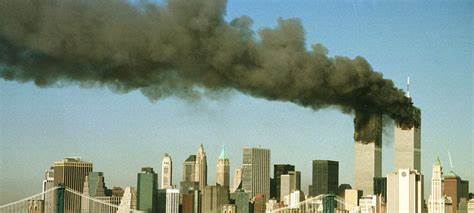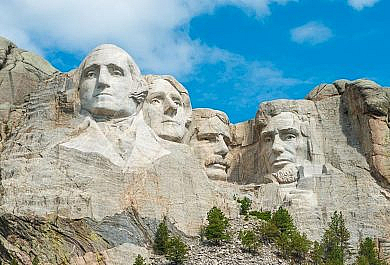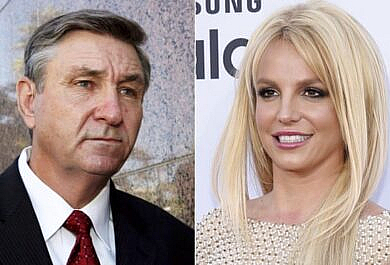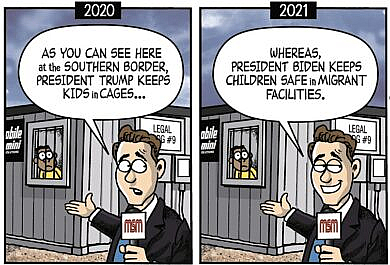Sunday is the 21st anniversary of the September 11 attacks.
Summary
Sunday marks the 21st anniversary of the September 11 attacks that killed nearly 3,000 Americans in New York, Washington D.C., and Shanksville, Pennsylvania.
- Al-Qaeda hijackers flew commercial jetliners into the World Trade Center towers in Lower Manhattan and into the Pentagon in Arlington, Virginia.
- In the first battle of the War on Terror, passengers on United Airlines Flight 93 fought back against the hijackers. The plane crashed in a field in southwestern Pennsylvania, preventing another target – likely the White House or the Capitol – from being hit.
- President Joe Biden recalled the intense feelings of national unity in the days after the attacks in remarks at the Pentagon on Sunday. “I hope we’ll remember that in the midst of these dark days, we dug deep. We cared for each other. And we came together,” Biden said.
- Americans across the country gathered to commemorate one of the darkest days in American history. As the Associated Press put it, “In ways both subtle and plain, the aftermath of 9/11 ripples through American politics and public life to this day.”
![]()
- The New York Times asked its photographers to select the images from 9/11 that have stayed with them for the last two decades.
- POLITICO published an oral history of 9/11 through the eyes of the passengers on Air Force One. President George W. Bush left Florida after learning about the attacks and spent the day making a “strange, harrowing journey” back to the nation’s capital.
- The New Yorker’s 2002 masterpiece “The Real Heroes Are Dead” is worth rereading every year. James B. Stewart told the story of Rick Rescorla, a former soldier and director of security for Morgan Stanley’s World Trade Center offices on that fateful Tuesday morning.
![]()
- FOX News interviewed college students born after 9/11 and asked them to describe what the 21st anniversary of September 11th means to them.
- The New York Post profiled the “miracle babies” born on September 11, 2001 that saved their dad’s lives by ensuring their parents would not be downtown on the morning of the attacks.
- National Review published a reflection from Dan McLaughlin, who worked in Tower One at the time of the attacks but was late for work that day so he could take his son to his first day of pre-kindergarten.
Author’s Take
For today’s children, 9/11 is a historical event seemingly as distant as the Challenger disaster or Lockerbie – a tragedy you learn about but haven’t lived. These kids grow up fearing attacks from within – from school shootings, riots, a pandemic – and remain disconnected from the all-too-recent attack on Americans from enemies dedicated to destroying our way of life.
The September 11th attacks were some of my earliest memories. I was in kindergarten on Tuesday, September 11th, 2001, making my classmates and me the last grade level to be in school on 9/11. Teachers spoke in hushed tones. A parade of parents arrived at school to pick up their kids. My mother wouldn’t let us watch television because my father was overseas and she didn’t want us to worry. In the stressful months after the attacks, my local elementary school had to close for weeks due to an unfounded anthrax scare. Even at that young age, it was impossible not to sense something horrible had happened.
December 7th, 1941. September 11th, 2001. March 11th, 2020. It’s exceedingly rare that one day can clearly delineate an epochal shift in the history of a continental nation like ours. While the terrorists hoped to damage America, the actions of ordinary Americans who ran into the towers, who helped strangers, and who stormed the cockpit should eliminate any doubt that America is great even on its darkest day because its people are decent and good. The duty to preserve the memory of 9/11, the lives lost on that day and in the wars to come, falls on we who remember exactly where we were on that bright Tuesday morning more than two decades ago. Let’s roll.
© Dominic Moore, 2022






